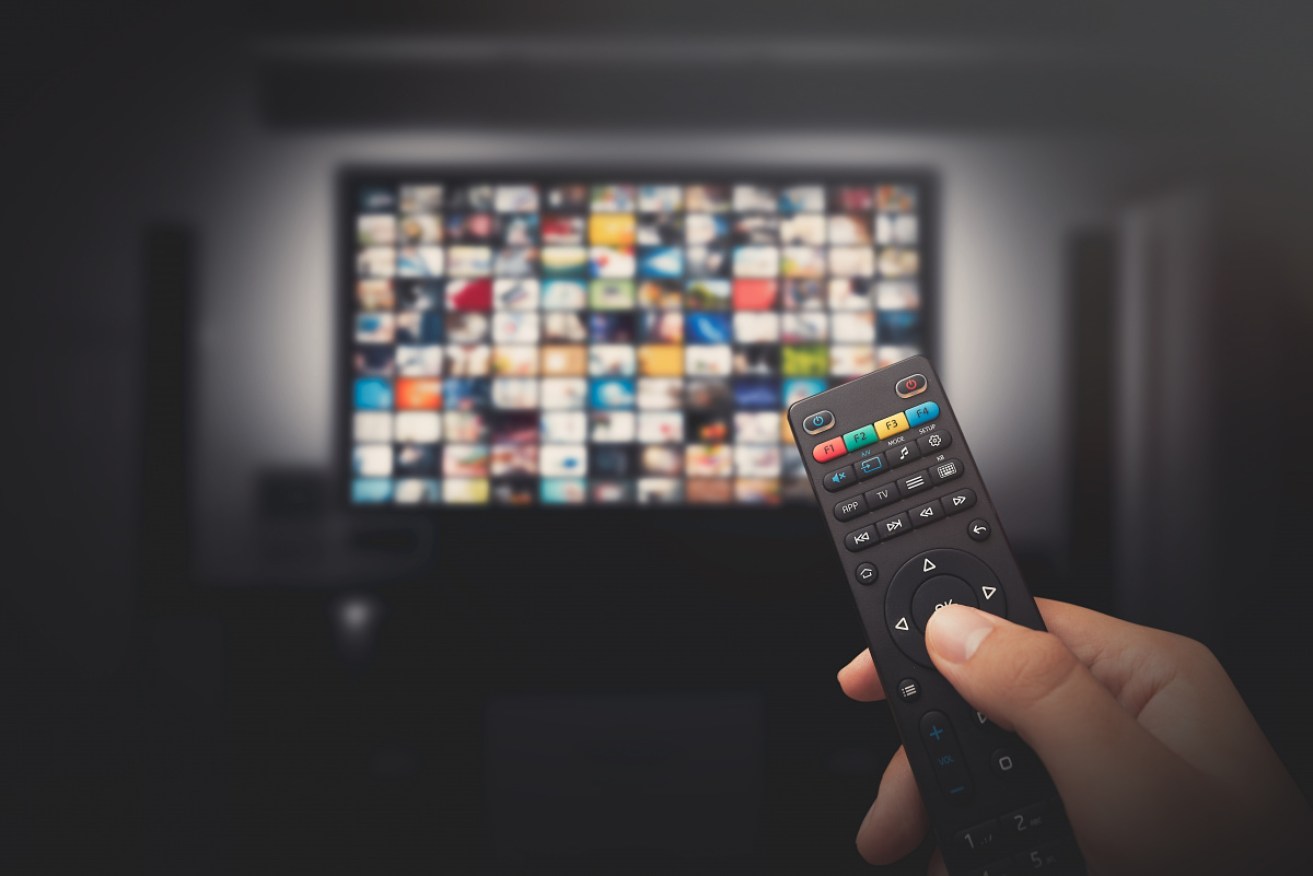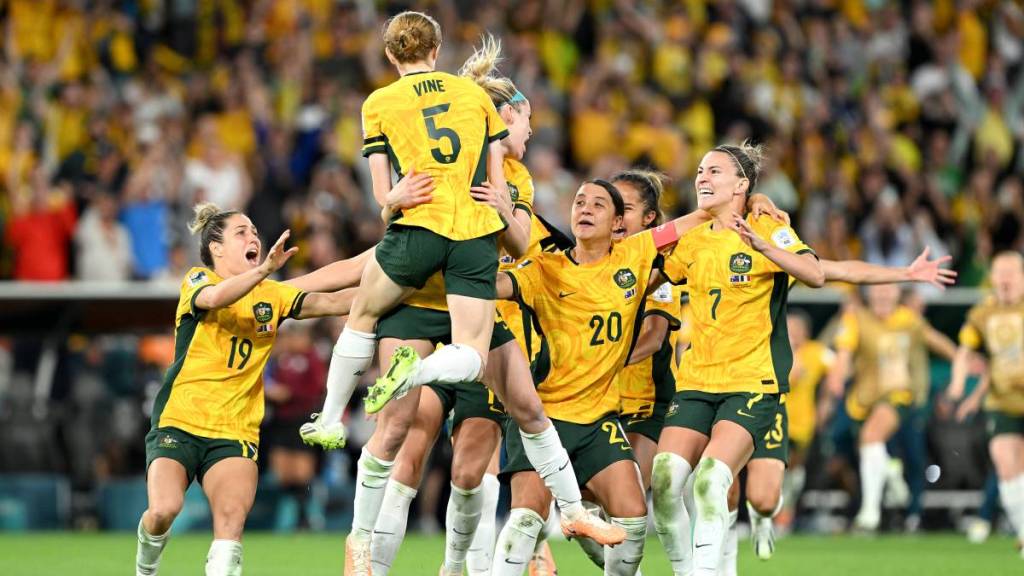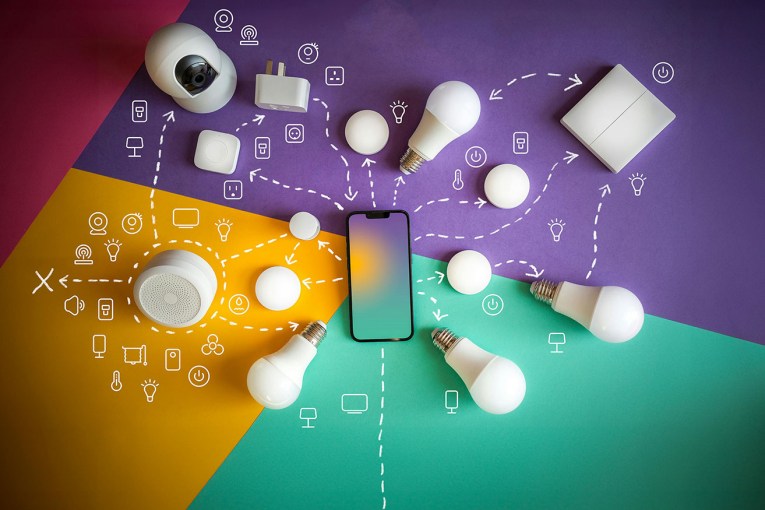Free-to-air wins the war over streamers for smart TVs


Competition between streaming and free television lobbying groups has been heating up. Photo: Getty
Smart TVs will continue to feature the apps of free-to-air channels in the most prominent positions on menus, despite the best efforts of lobbyists for Australia’s subscription services.
The Minister for Communications Michelle Rowland told Parliament on Wednesday that the rise of online services has made the market more difficult for free-to-air providers, thus justifying the government’s decision.
“Free-to-air broadcasters are not competing on a level playing field,” she said.
“There is a material risk that free-to-air television broadcasters will be crowded out by the larger international services operating in the Australian market.”
Under the proposed legislation, smart TV manufacturers must ensure that free-to-air channels are easily discoverable on new devices.
Professor Ramon Lobato, an expert on television and video distribution at RMIT University, said research on smart TV interfaces has found that local apps are substantially less visible, less integrated, and less frequently pre-installed than US streaming services.
“Local services, especially public broadcasters, cannot compete fairly in this environment,” Lobato said.
“There is no point having a local content policy if local services cannot easily be found when you turn on your TV.”
Following a transition period, only new devices will be subject to the laws if the legislation passes.
Anti-siphoning
Under the legislation, free-to-air broadcasters will receive first bidding rights for major events like world cups and domestic grand finals.
“These additions will ensure the consistent and inclusive treatment of nationally important and culturally significant events, regardless of the gender or the disability status of the athletes competing in them,” Rowland said.
The Women’s World Cup, NRLW, AFLW and the Paralympics will all receive the same prominence as men’s and able-bodied events.

The Women’s World Cup has been added to the anti-siphoning list after the Matilda’s success. Photo: Getty
A Foxtel Group spokesperson said the legislation “could have been a great opportunity for the government to bring anti-siphoning laws into the 21st century”.
“The regime is already anti-competitive and clearly favours free-to-air broadcasters above Australians and above the needs of sporting bodies whose ability to invest in grassroots will be limited,” the spokesperson said.
“Foxtel Group was advocating that truly iconic events of national significance could be streamed free via our free streaming platform that has been built and invested in locally, and is used by more than a million Australians.”
In 1992, Australia implemented anti-siphoning laws to ensure that the public can watch significant events for free.
The anti-siphoning list includes major events like the Commonwealth Games, the Melbourne Cup, football world cups and the Australian Open.
Winning the war
Bridget Fair, Free TV Australia chief executive, said she welcomed the new laws in Parliament.
“Right now, Australian viewers are being steered in the direction of services that favour the commercial interests of big tech and TV manufacturers rather than being given access to the full set of free local television services that they want to watch,” she said.
“This legislation is an important step towards ensuring that people are not being served up incomplete viewing choices based on who has paid the most money to be in the line-up.”
Both Free TV Australia and ASTRA, the body representing subscription services in Australia, recently launched advertising campaigns to sway public opinion.
The two organisations are firmly placing themselves against one other in the respective campaigns: ASTRA telling the public “Don’t let the government control your TV”, and Free TV Australia rolling with “Don’t let big tech take your free away”.

ASTRA’s advertising campaign equated the prominence legislation to the government deciding what Australians watch. Photo: ASTRA
ASTRA, whose members include Foxtel, Sky News, Disney and BBC Worldwide, argued that free TV channels already receive prominence through their broadcast channels and shouldn’t receive preferential treatment through their apps.








